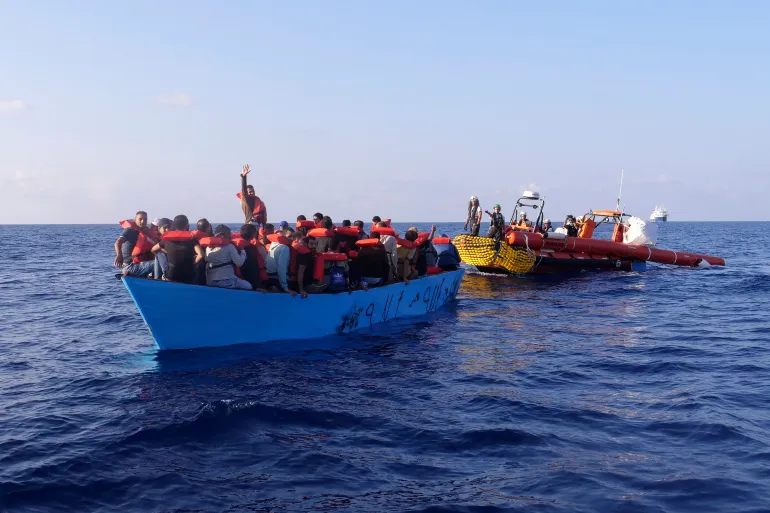Europe makes a move. North Africa feels the wave. That’s the gist of it. Analysts are now shining a light on this dynamic. Let’s unpack what’s happening and why it matters. So, what are these policies? Essentially, Europe’s externalisation strategies aim to manage migration. But here’s the catch. The burden often lands on North Africa’s shoulders. Each policy, each decision, adds layers to an already complex situation. Burden on Europe
North Africa’s Burden Burden on Europe
The impact? It’s multifaceted. Increased border controls and migration management duties are just the tip of the iceberg. Local economies and societies are in a tough spot, juggling their own needs with external pressures. Analysts are vocal about these challenges. They argue that such policies may offer short-term solutions for Europe but leave North Africa grappling with long-term consequences. The dialogue, they suggest, needs depth, considering the broader effects on regional stability and development.
Moving Forward: Seeking Balance
What’s the way out? Balance, say experts. It’s about finding policies that respect both regions’ needs and challenges. The goal? A fairer approach that doesn’t just shift the burden but shares it, fostering cooperation over unilateral action. In conclusion, the relationship between Europe’s policies and their impact on North Africa is a complex dance of cause and effect. As analysts highlight these issues, the path forward calls for thoughtful dialogue and actions that consider the well-being of all parties involved. It’s a challenging journey, but one that holds the promise of more equitable and effective solutions. Burden on Europe
Inspired by Al-Jazeera News and Rear More Articles Here, Read Previous Blog Also.
